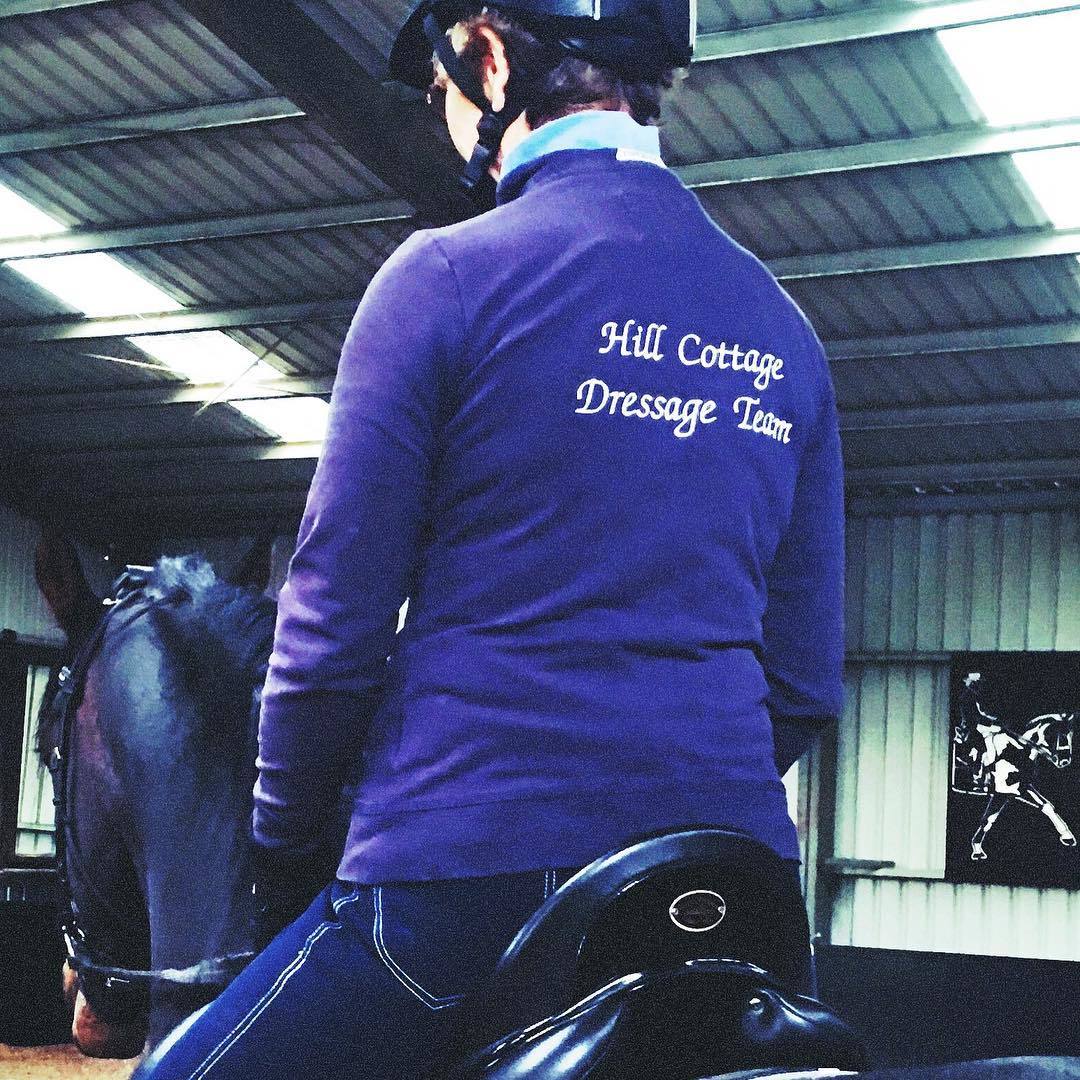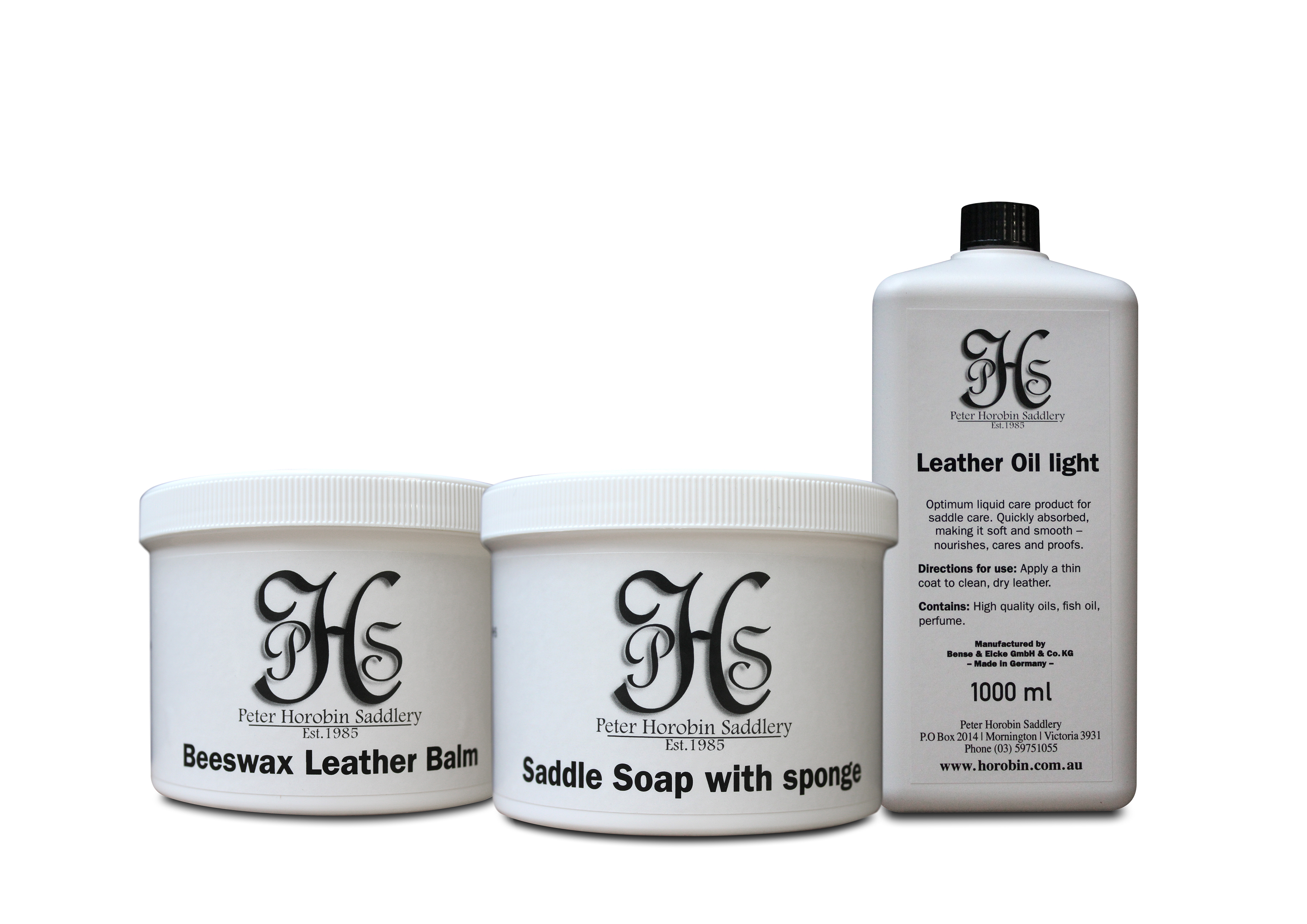
Winter is always a hard time to look after your horses, so I'm going to share with you all my top 10 best tips for surviving.
Feeding and supplements.
When it gets colder the horses need a bit more feed, as they will use more calories to keep warm. A good additive is Ranvet Grand Prix oil, as it gives them a nice coat without heating up your horse, it makes the coat shiny, which is great for any competition horses. Especially if they live outside it is also nice to give them a warm feed, where you pour warm molasses water over the feed. Most importantly in winter you must keep giving electrolytes to your horse every day, even if they don't sweat in the cold, they will still loose electrolytes on a daily basis. I find Ranvets Salkavite is excellent, I use it morning and night all year around.
Rugging.
I don't like to put too many rugs on my horses, as they can often get too hot, and become agitated, so I like to use woolen rugs as they are more breathable. Then I would have a waterproof one on top of that, if the horse lives outside. I don't really use neck rugs that much as I find it can make the mane fall out. I am very lucky as I do have lights in my stables which tends to keep the coats condition very well.
Clipping.
I would normally clip my horses fully if they are competing as it is much easier to keep them clean. With some horses i would clip them at the beginning of the winter months, and then again at the end of winter, of course it depends on each horse. I have a sensitive mare who I don't clip!!!!
Washing and bathing.
My horses are lucky as we have a hot water wash, so I will continue to wash them in winter. Its important to make sure they are dry before you put all their rugs on again, or else they can get cold. I also use either a woolen rug to encourage the horse to dry quicker. A solarium would be great to dry them, but unfortunately I don't have one of them!!!!
Mudfever/greasy heal.
Mudfever is a common ailment in winter because of the wet paddocks, and it can be hard to get rid of. I find the best thing is either quit itch, or Ranvets yellow lotion, which you wash the horses legs in. I try and keep my horses stabled if its bad, that's the best way to get rid of it.
Shoeing.
Shoeing can be a problem in winter as some horses may pull their shoes off more often, make sure you have a good farrier or horses sole can get affected by the wet conditions and become very soft. I make sure we clean out their feet when they come into the stables, and check if their feet are soft or for stones. I will use stockholm tar under their feet to keep it dry. Should they get thrush then i use coppersulfate and vaseline.
Horsegear.
In winter everything gets damp, so I have a heater in my tackroom which is the best thing I have ever installed. It keeps all the tack dry, so it does not get mouldy. We also clean the bridles everyday with a bit of Peter Horobin saddle soap and balsam, which keeps them clean and dry. If you have been outside riding at a comp or at home when its wet then its really important to clean all the gear as soon as possible. I also use a rug rack for the saddle blankets so they can dry properly which is also in the tackroom with the heater.

Exercising.
In winter it's very important to warm your horse up properly, by this I mean walking them for 15 minutes before you start trotting. I will often have a quartersheet on my horses for the first 20 minutes so they warm up a bit and I will put that back on when I have finished working so they don't get cold straight away. Often the horses can be a bit fresh in the winter so make sure you give them a good work out.
Competitions.
I personally don't go to many comps in the winter, Too cold! but when I do I go to places I know have a good set up with a good surface. You don't want to injure your horse on a surface which is too deep from the wet. Also competitions on grass can be bad, as the horse can slip very easily. If you do go remember to pack your raincoat, and a quartersheet, bring extra comp gear, and lots of towels!
Hacking out.
Most importantly make sure if you are out hacking that you and your horse can be seen, this means wearing reflective clothing on you and your horse. Again a quartersheet is great with reflective stripes on, you can also get boots with reflective stripes on too. Its good for the competition horses to get out of the arena at least once a week but be careful, as it can get slippery. I personally don't ride on the roads but I do have a small track around my house, where I can take the horses for a trot.